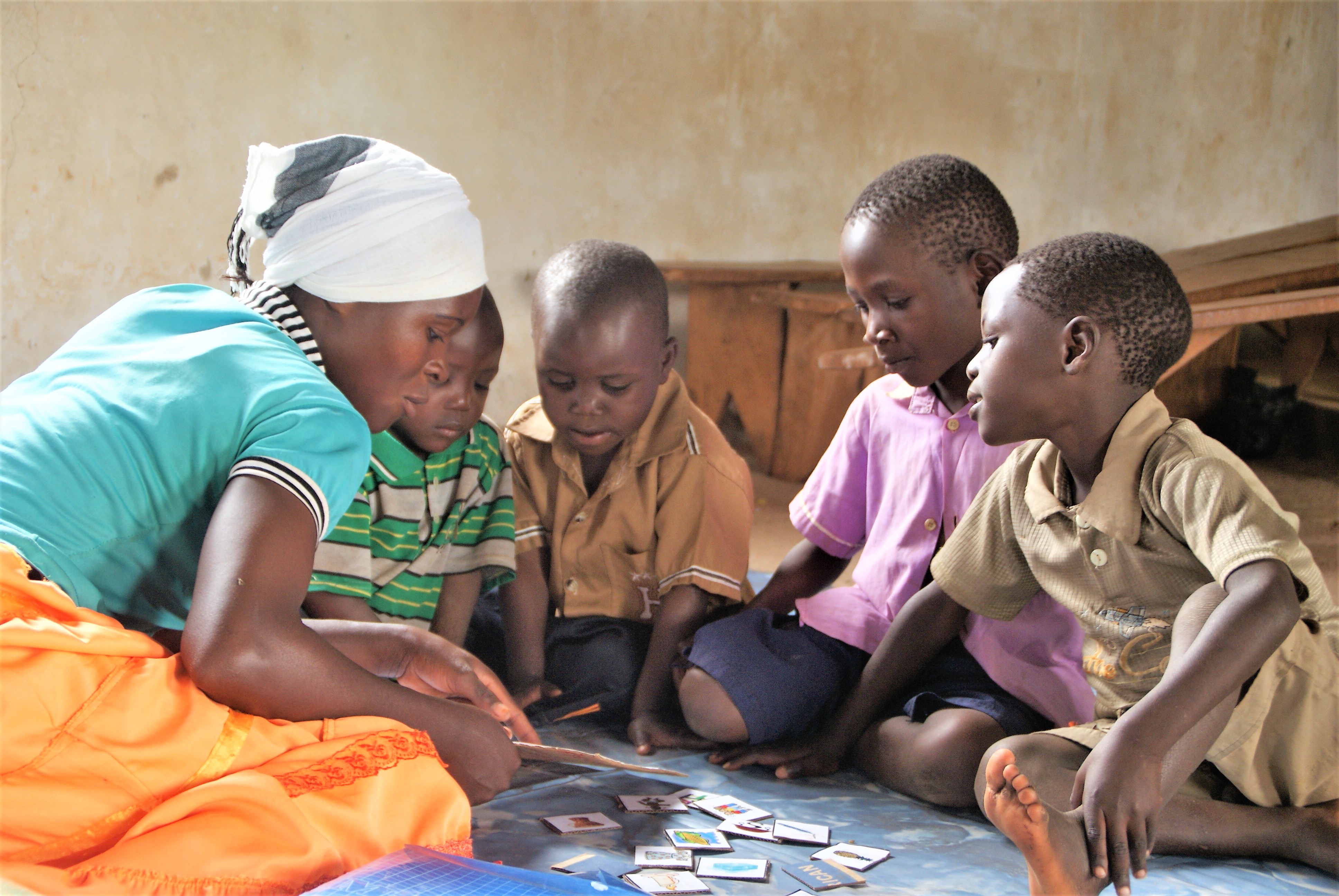How innovation can address the early education crisis.
Jul 30, 2024
Education is a key driver of sustainable development, global peace and human rights. Yet the UN estimates that around 84 million children are set to remain out of school by 2030 unless urgent action is taken to transform education worldwide. The UN further estimates that some 70% of children in sub-Saharan Africa are unable to read a basic text by the age of 10.
This lack of basic early education not only adversely impacts countries’ societal and economic development, but also causes children to fail to reach their potential, since early education is vital in cognitive development. If we wish to achieve equitable access to quality education across the world (SDG 4) the first step we must therefore take is to tackle the crisis in early childhood education.
Here at GIF, our mission is to find and fund evidence-backed innovations that have the potential to transform the lives of millions of people across the developing world living on less than $5 per day. We believe that innovation can help to solve many development problems, including the crisis in early childhood education. That’s why we’re proud to back numerous interventions making strides in this space. We’d like to share their work here today.
Lively Minds - Providing educational play schemes in Ghana
One of our investees, Lively Minds, trains teachers and community members to run pedagogically informed educational play sessions in government-run kindergartens in Ghana. The games are designed to encourage children to act socially, solve problems, and learn new skills, including counting and pre-literacy skills.
Although Ghana has made great strides in early childhood education, average class sizes exceed 50 and half of the children in primary grade 2 are unable to read a single word. For every 100 children who enter kindergarten, only 16 transition to senior school.
Lively Minds’ model provides a cost-effective, large-scale solution to this problem, with a GIF-funded RCT showing that the programme improves school readiness at a low cost. Lively Minds has proven to be particularly successful in raising the cognitive abilities of children coming from poorer households, with children from the bottom socio-economic quintile seeing more than twice the increase in cognitive development compared to their peers.
By 2023, Lively Minds had scaled their innovation across 34 districts in Ghana. More than 6,000 teachers and 60,000 community members had been trained, and more than 250,000 children were benefiting from Lively Minds play schemes.
Chrysalis - Improving early years education for disadvantaged children in India
Chrysalis seeks to improve early education provision for disadvantaged children in India by offering age-appropriate, activity-based learning to ensure consistency and quality of education in ‘affordable private schools’.
Many parents in India turn to affordable private schools to improve their childrens’ foundational skills and school readiness. These are low-cost schools where low-income families can send their children for a small fee. However, the infrastructure of such schools is deeply fragmented and informal, resulting in limited standardisation and overall poor quality of educational delivery.
Chrysalis’s flexible, play-based approach with developmentally appropriate activities suited for supporting the development of young minds, combined with support for teachers, assessments, and management, is seeking to improve learning outcomes in these schools. Chrysalis’s activity-based learning programme focuses on four domains of learning – cognitive, social, emotional, and metacognitive – and covers all subjects at nursery school, kindergarten, and primary grades 1-6.
In 2020 alone, Chrysalis worked with 730 schools, reaching 270,000+ students, of which 359 can be classified as affordable private schools. GIF’s investment is helping Chrysalis to further roll out its innovation to reach even more target beneficiaries.
Educational Initiatives – Adaptive learning software to improve learning outcomes
Educational Initiatives pioneered Mindspark, a personalised adaptive learning tool proven to drastically improve maths and language scores.
In India, over 60% of children aged 6-14 cannot read at the second-grade level, despite primary enrolment rates standing at over 95%. Personalised teaching can help students to catch up, but it is challenging for teachers to tailor learning to each individual child.
EI’s Mindspark software delivers personalised instructions to students in a regular classroom setting. It benchmarks the learning level of each student and customises material to help each student progress. It can be deployed through computers, tablets, and smartphones, and is functional both online and offline.
Evaluations found students using Mindspark saw a two-fold improvement in Mathematics, and a 2.5 fold improvement in language learning. As of 2022, EI is working with 5000+ schools across 17 states in India and has reached more than 600,000 students. GIF’s 2017 grant was crucial in helping EI to integrate Mindspark into government schools.
